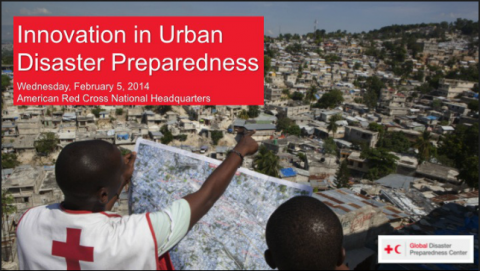Humanitarian crises, emergency preparedness and response: the role of business and the private sector Indonesia case study
This paper addresses the role of the private sector in humanitarian action in Indonesia and broad patters of engagement between the humanitarian and the private sectors. In analysing these issues, the paper identifies the barriers to, and opportunities for, more systematic engagement between humanitarian actors and the private sector, and puts forward practical measures to make collaboration more consistent and successful. The study […]

